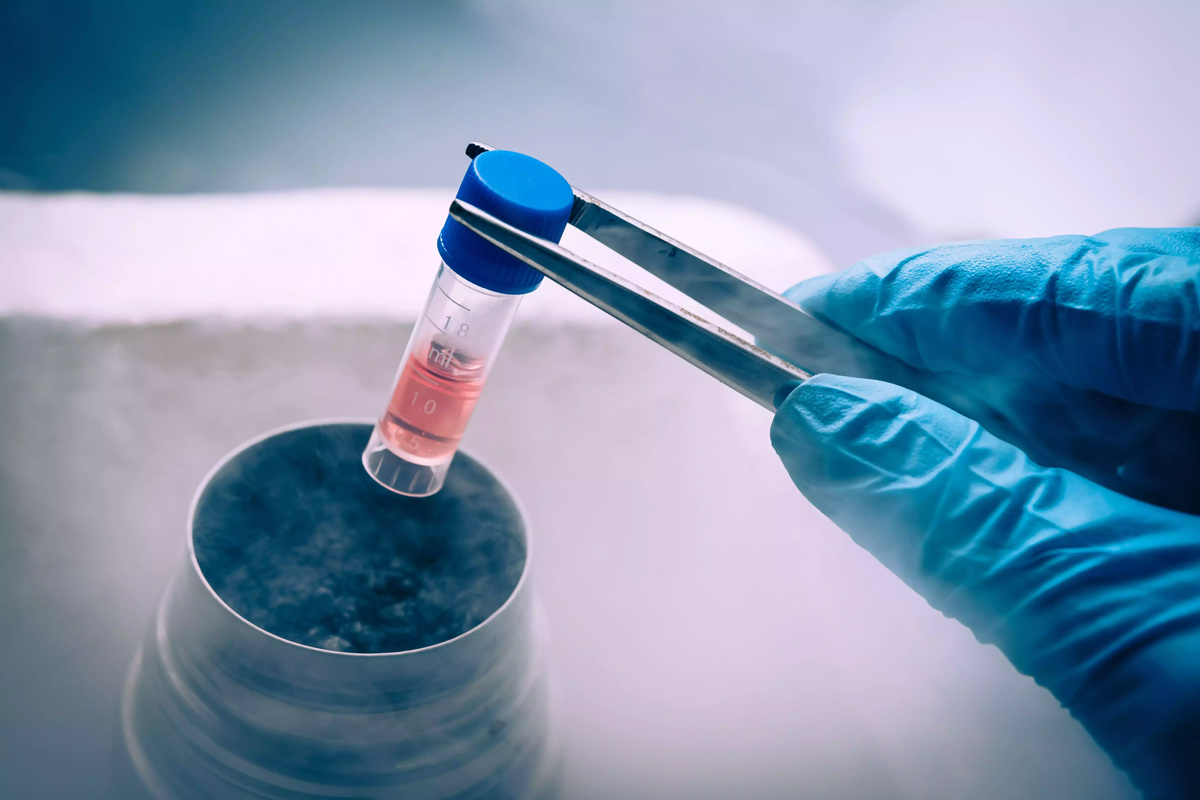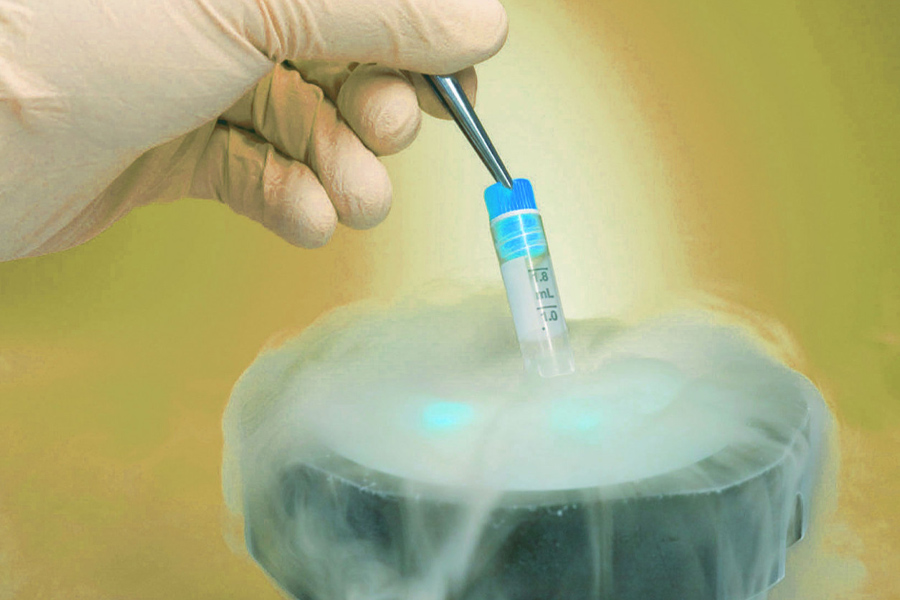
Karishma Mehta, the CEO and founder of Humans of Bombay, recently took to Instagram to reveal that she had decided to freeze her eggs at the beginning of 2025. Her decision aligns with the growing trend of women opting for fertility preservation as a way to take control of their reproductive choices.
Table of Content:-
Egg freezing offers women flexibility in planning their future without the pressure of immediate parenthood. While many celebrities, including Priyanka Chopra, have spoken about undergoing the procedure in their early 30s, the process comes with potential risks and uncertainties. Let’s take a closer look at what egg freezing entails and the complications that may arise.
What Is Egg Freezing?
Egg freezing, medically known as oocyte cryopreservation, is a fertility preservation technique that allows women to store their eggs for future use. The procedure involves stimulating the ovaries with hormone injections to produce multiple eggs, which are then retrieved and frozen in a laboratory setting. These frozen eggs can be thawed and fertilized later when a woman decides to conceive.

While the procedure provides an option for women who may wish to delay pregnancy for personal or medical reasons, it is important to note that egg freezing does not guarantee a successful pregnancy in the future.
How Does the Egg Freezing Process Work?
The egg-freezing journey consists of several stages:
- Hormonal Stimulation – Women are required to take hormone injections for about 10 to 14 days to stimulate the ovaries to produce multiple eggs. This ensures that a sufficient number of mature eggs can be retrieved.
- Egg Retrieval – Once the eggs have matured, a minor surgical procedure is performed under sedation to extract them. This procedure is done using a thin needle guided by ultrasound.
- Freezing and Storage – The collected eggs are then rapidly frozen using a process called vitrification and stored at sub-zero temperatures until they are needed for fertilization in the future.

Common Side Effects of Egg Freezing
While many women undergo egg freezing with minimal complications, some may experience mild to moderate side effects, including:
- Bloating
- Breast tenderness
- Mood swings
- Fatigue
- Hot or cold flashes
- Headaches
Also Read: Celebrity Nutritionist Rujuta Diwekar Reveals Quick Fixes to Reduce Inflammation Naturally
These symptoms are typically temporary and subside after the hormone stimulation phase ends.
Potential Risks of Egg Freezing
Despite its increasing popularity, egg freezing is not without risks. Some of the most significant concerns include:

Ovarian Hyperstimulation Syndrome (OHSS)
OHSS occurs when the ovaries over-respond to the hormone injections used in the stimulation process. In mild cases, women may experience bloating, nausea, and discomfort. However, in severe cases (about 1% of procedures), hospitalization may be required due to excessive fluid retention and abdominal swelling.
Also Read: Supermodel Miranda Kerr Reveals Diet Secrets For Fit Body At 41
Risk of Infection and Internal Injury
The egg retrieval process, although minimally invasive, carries a small risk of infection. In rare cases, damage to nearby organs such as the bladder or bowel may occur.
Low Egg Survival Rate Post-Thawing
Not all frozen eggs survive the thawing process. Some eggs may become non-viable, reducing the chances of successful fertilization when a woman decides to use them.
Unsuccessful Fertilisation
Even if the eggs survive the thawing process, there is no certainty that they will successfully fertilize with sperm. Approximately 5% of women who undergo egg freezing may find that none of their eggs fertilize, making the procedure unsuccessful.
Emotional and Financial Considerations
Apart from the medical risks, egg freezing can be an emotionally and financially taxing process. The cost of a single egg freezing cycle can range from thousands to tens of thousands of dollars, depending on the clinic and country. Additionally, there are yearly storage fees for maintaining frozen eggs.
Many women also experience emotional stress, as the process does not guarantee pregnancy. It is crucial to have realistic expectations and consult with a fertility specialist before making a decision.
Bottomline
Egg freezing can be a valuable option for women who want to delay childbearing for personal or health reasons. However, it is not a one-size-fits-all solution, and its success depends on factors such as age, egg quality, and overall health.
As more women, including public figures like Karishma Mehta, openly discuss their fertility journeys, conversations around reproductive choices are becoming more mainstream. While egg freezing provides hope for those looking to extend their fertility window, understanding its risks and limitations is essential before making an informed decision.
Also watch this video
How we keep this article up to date:
We work with experts and keep a close eye on the latest in health and wellness. Whenever there is a new research or helpful information, we update our articles with accurate and useful advice.
Current Version
